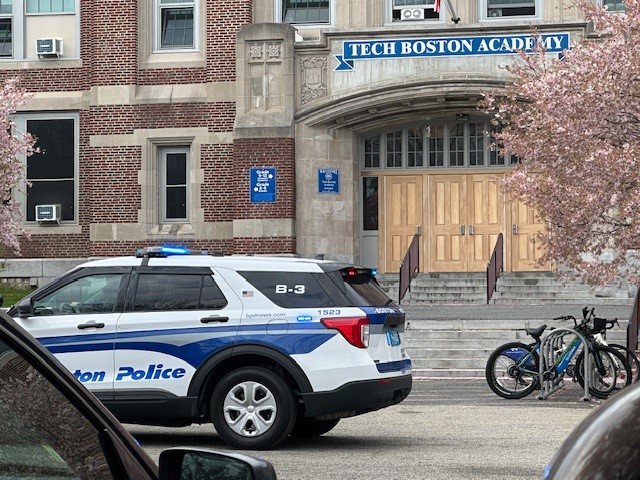While medical marijuana is legal in Massachusetts, most doctors aren't recommending it to their patients and, in many cases, are instead prescribing highly addictive opioids. Some, however, suggest a solution.
Sarah-Jaana Nodell is eight years cancer free, but the journey to get healthy was extremely difficult and painful.
"I have a very hard time looking back and seeing how many prescriptions — looking at how many times they pushed an opioid on me," said Nodell.
Not only was Nodell dealing with pain from the treatment, she didn't like the pills her doctors were prescribing. At times, the drugs were even giving her migraines. Her dad suggested she turn to an unlikely source because he didn't want to see his daughter in pain.
"Instead, I found medical marijuana. It shaped my perception of what pain management can look like," said Nodell.
It's no secret marijuana will likely become big business in Massachusetts, helping people like Nodell, as well as licenses for recreational use on the horizon.
Brian Strasnick is on the front lines of the burgeoning business, opening one of only two labs in the state that will test the product before its sold.
Local
In-depth news coverage of the Greater Boston Area.
"It's still a schedule one drug, which is the most bizarre thing in the world," said Strasnick.
Strasnick's background and passion started in drug abuse testing.
"The opioid crisis is truly the biggest concern I have in addiction treatment right now," said Strasnick. "There are so many people who get involved in opioid use that don't know what it's all about."
Strasnick said marijuana could be the game-changer in the opioid crisis.
"No one has ever died from an overdose of CBD or THC, and many people are dying every day from the overuse of opiates," said Strasnick.
The question remains why doctors in Massachusetts are still prescribing opiates over marijuana. Dr. Janice Bissex, a registered dietician and holistic cannabis practitioner, answers that question with three reasons.
"The vast majority of doctors received no training in cannabis, so they are a little leary and they don't understand the medical benefits. It's federally illegal — I think that scares a lot of health care professionals. The third is that the pharmaceutical industry is still a powerful player in our industry," said Bissex.
Many say with positive results and little to no side effects all that could change with time.
"I do wish I had a doctor that made it feel like it was OK to experiment with medical marijuana. I had nowhere to turn with those questions — I just wanted pain relief," said Nodell.
Bissex said when you add cannabis to a patient who is using opioids, their use of opioids decreases by 44 percent. They get some relief from the cannabis, so they can lower their dose.
"The more people learn about the medical benefits of cannabis, the more they are going to demand it," said Bissex.
There is a license a doctor needs to acquire to get more knowledge on cannabis before they are able to recommend it to their patients.



